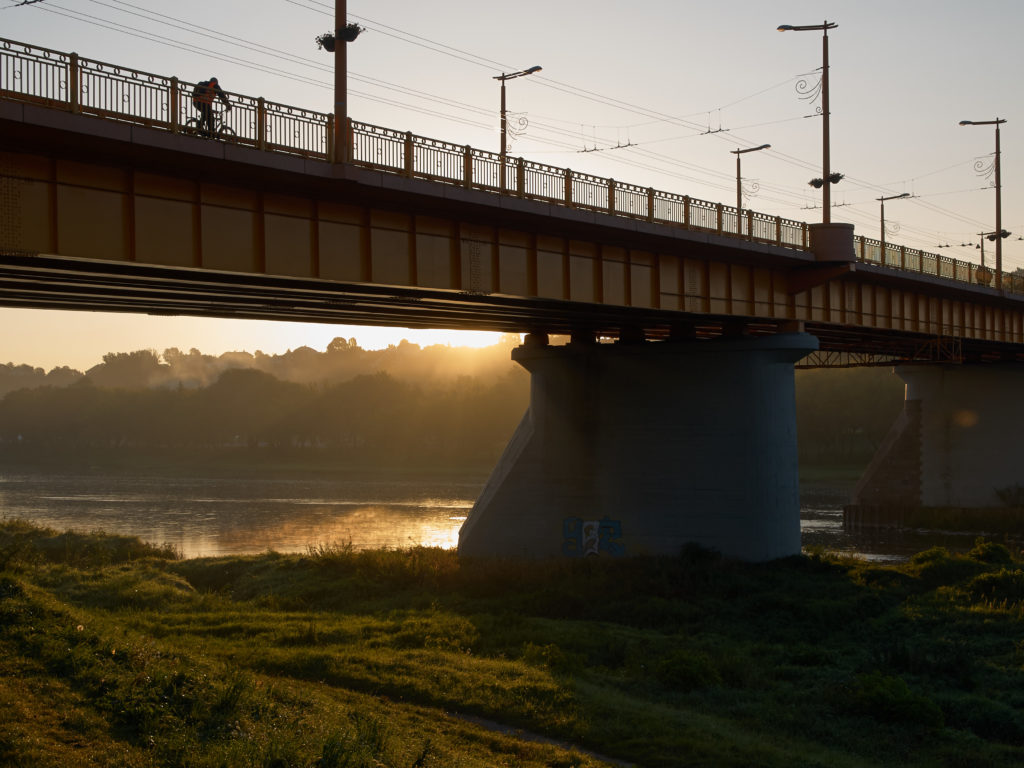The project
Introduction to the CACTUS project
CACTUS is a project on energy sufficiency and its integration into climate and energy strategies in the Central and Eastern European context. Lead by the négaWatt association in France and in collaboration with Fraunhofer ISI (Germany), REKK Foundation (Hungary) and the Lithuanian Energy Institute (Lithuania), the project aims to sensitise key scenario builders, policy makers and climate and energy stakeholders to energy sufficiency and to explore its integration in Hungarian and Lithuanian scenario models.
CACTUS is part of the European Climate Initiative (EUKI) of the German Federal Ministry for the Environment, Nature Conservation and Nuclear Safety (BMU). It is the overarching goal of the EUKI to foster climate cooperation within the European Union (EU) in order to mitigate greenhouse gas emissions.
Energy sufficiency as a key mitigation lever
European governments have committed to being carbon neutral by 2050. Past decarbonisation strategies achieved 80-95% GHG emissions reductions mostly through exploiting energy efficiency and renewable energy.
Energy sufficiency can be a further key lever to enable deeper decarbonisation pathways. Its integration in climate and energy scenario models needs to be tailored to the Central Eastern European context of high energy dependency, high energy poverty and low energy services, with fast catching-up economy and life-styles.
Strengthening ambitious climate targets in Lithuania and Hungary through energy sufficiency: key CACTUS project activities and timeline

The project has a duration of 21 months, starting from July 2020 and ending in March 2022.
During the first months in 2020, the first work package will consist in a technical dialogue and capacity building activities, through which experts from négaWatt, Fraunhofer ISI, REKK and LEI will explore the sufficiency potential in the transport and building sectors in target countries Hungary and Lithuania, and analyse its integration into scenario models and existing national climate and energy strategies.
To do this sufficiency experts from négaWatt and Fraunhofer ISI will accompany scenario modelers and building and transport experts from LEI and REKK to evaluate sufficiency in the local context and ensure that project activities bridge the sufficiency gap.
During the course of 2021, the second and third work packages will have partners exchange to build hypotheses for the evolution of energy sufficiency in a local energy transition context and analyse the integration of sufficiency in existing scenarios and its impacts.
First results of the project will lead to a dialogue with key policy makers in Lithuania and Hungary during the second half of 2021 under the fourth work package. At the end of 2021 and in 2022, the fifth work package will see partners disseminate results at the wider EU level, including through the publishing of a peer-reviewed article and a final high-level conference.
